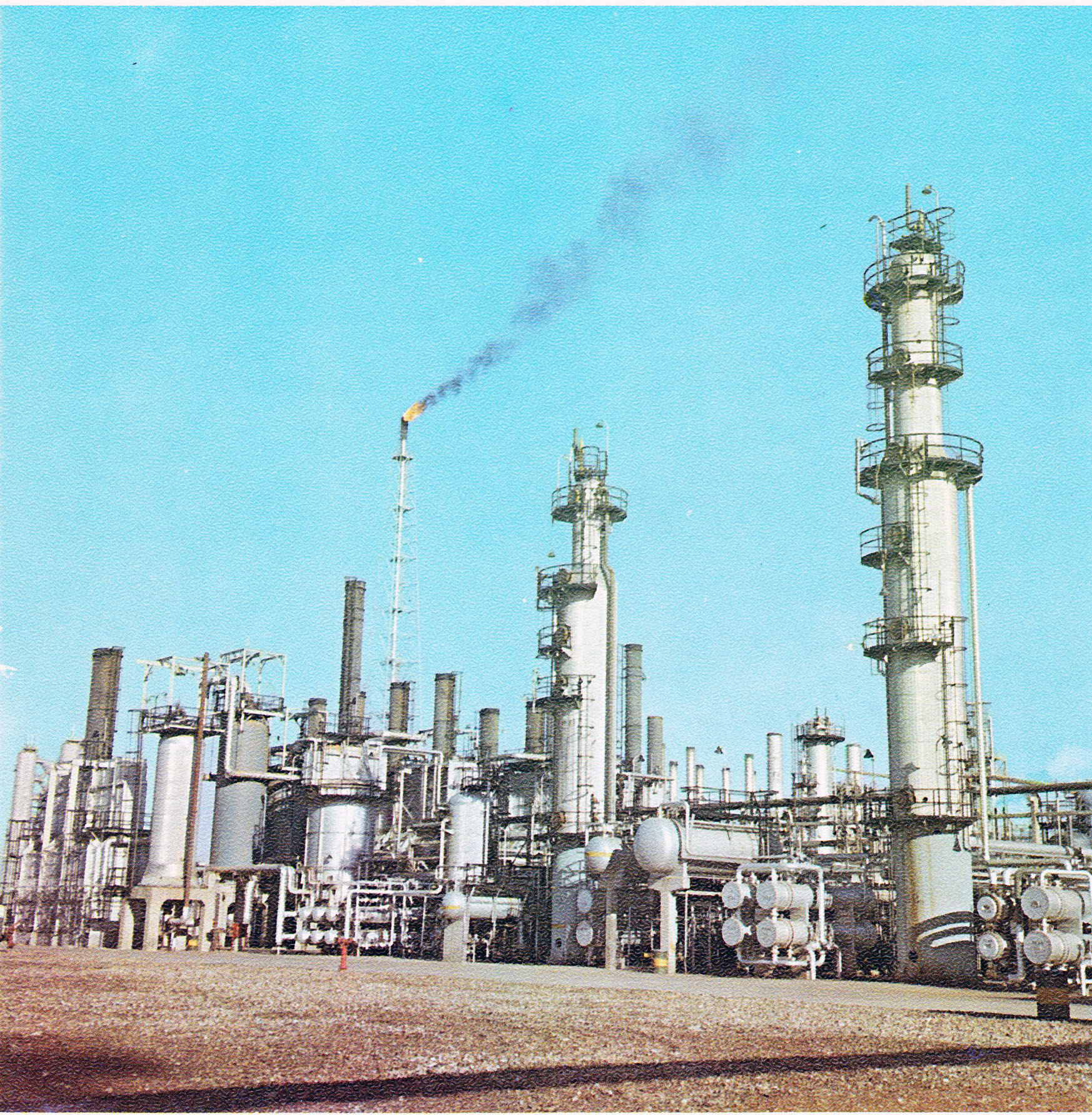Ask anyone what they think the main reason for investing in oil is and the variety of answers would be minimal. In other words, regardless of how much interest we possess in this industry, it’s common knowledge that oil can reap huge profits that other industries just can’t compete with.
However, as well as the big profits, few realize that there are umpteen other reasons why investing in oil is so popular amongst shrewd investors. We’ll now mull over several of these to highlight why a lot of successful investors in the oil industry ignore all of the “so-called” big risks that many are quick to draw on.

The big risks are blown out of proportion
Firstly, let’s hone in on that topic of risk. There is a lot put out in the public domain about the risky nature of oil investments and to an extent, this is completely true. There is a chance that oil wells will be dry, or have very little oil, while there are some concerns about liabilities as well.
Unfortunately, we can’t dismiss the notion about dry wells – it does happen and will always happen. Nobody knows what’s beneath the earth’s surface, but it’s worth pointing that most developmental wells are much, much more likely to reap higher returns of oil as they are strategically placed around existing sites. For an investor, this means that you simply have to choose your wells wisely.
In relation to the liability, this often doesn’t exist. While some investors might be open to further costs, most methods of oil investment limit the liability to that initial investment – and nothing else.
The tax breaks are substantial
This is something that was recently highlighted by JBH Consulting Group and it can completely transform the viability of an investment. The tax relief available to oil investors can be substantial although again, it also depends on the type of investment you are making.
Still, in some cases you can experience everything from deductions on tangible and intangible drilling costs, lease costs as well as even benefiting from small producer tax exemptions. If you qualify for the latter, this can mean that the first 15% of gross income from the well is excluded, which naturally can make deal-changing differences.
The diversity can be invaluable
Stocks and shares are mainstream, and always will be. Some people will struggle to deviate away from this method of investing and therefore won’t turn to the oil industry.
However, there’s nothing wrong whatsoever with diversifying an investment portfolio. Some of the best portfolios around relying on such diversity – particularly as oil often doesn’t correlate to the performance of other types of stock. In fact, it’s quite often indirectly proportional, meaning that as one investment might start to drop, the other tends to rise. This is because oil will not alter depending on stock market trends or interest rates – meaning that there are plenty of occasions where it’s deemed a fairly safe investment.